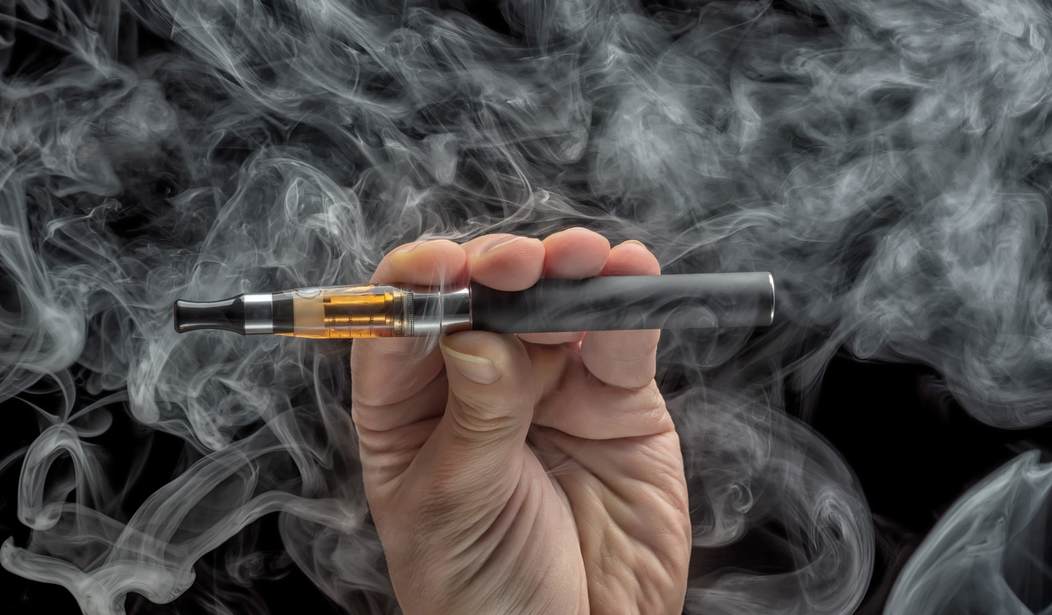The government revenue-acquiring apparatus, always eager to get a cut of a flourishing new industry, is about to hit “vapers” with some new taxes.
Many “vapers,” or folks who use electronic cigarettes, are former smokers who are no longer purchasing highly and punitively taxed tobacco products. The government is not getting tax revenue from this pool of citizens anymore, so it is looking to find a way to recoup the loss.
A new report from the Tax Foundation details the latest plans to impose taxes on e-cig users. According to the report:
As of January 1, 2016, four states, the District of Columbia, and three local jurisdictions have enacted taxes on vapor products (electronic cigarettes), but their methods and levels of taxation vary dramatically.
There are more taxes on the horizon:
In 2015, at least an additional 23 states considered excise taxes on vapor products.
The report astutely points out:
Punitive taxes on vapor products could inadvertently close out options for cigarette users looking to quit.
And let’s be honest: ANY tax is a punitive tax.
An issue arising regarding potential regulation and taxation is how to categorize e-cigs. Cigarettes are made with tobacco leaves. But e-cigarettes are not a tobacco product; rather, they are a nicotine delivery system.
Do we put tobacco taxes on nicotine gum or patches? Do we put excise taxes on nicotine products? No — the American Vaping Association tells me those products are subject to sales tax only.
Additionally, various scientific reports offer contradicting conclusions about whether e-cigs are safe or safer than tobacco products. If e-cigs are not a health concern, should they be punitively taxed the way cigarettes are? Why put any additional tax or penalties on these products at all? Simply because the word “cigarette” is used to describe the item?
Another issue that figures into potential regulations is the appeal to minors:
The flavoring of vapor products remains a strong point of contention, with anti-tobacco groups claiming they make the products attractive to children, and vapor manufacturers pointing out that some flavoring is necessary, as vapor fluid is naturally flavorless until flavor is added, unlike traditional cigarettes, which naturally have a taste.
This might be the only appropriate interference with the sale of e-cigs: sales to minors.
As state and federal government try to expand their “tobacco” taxation scheme, we should ask what business the government has interfering with the sale of e-cigs at all. The report states:
Their apparent similarity to traditional cigarettes, despite significant areas of divergence, has complicated this debate.
It is really so complicated? It seems the government is trying to tax a product merely because it resembles an item they already tax.









Join the conversation as a VIP Member